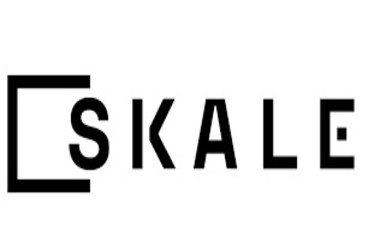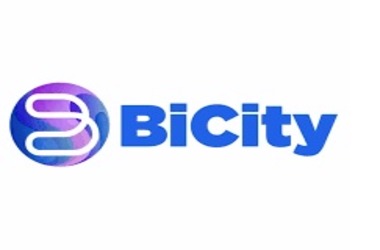 In the realm of blockchain technology, SKALE has emerged as a groundbreaking solution, offering unparalleled scalability, rapid deployment, and a gas fee-free environment. This article delves into the distinctive features of the SKALE network, exploring its hybrid architecture, validator dynamics, and the seamless integration of EVM-compatible chains.
In the realm of blockchain technology, SKALE has emerged as a groundbreaking solution, offering unparalleled scalability, rapid deployment, and a gas fee-free environment. This article delves into the distinctive features of the SKALE network, exploring its hybrid architecture, validator dynamics, and the seamless integration of EVM-compatible chains.
The Unique Hybrid Architecture:
SKALE’s architecture stands out as a unique hybrid, where each SKALE Chain operates as a fundamental layer responsible for handling transactions’ recording, consensus, verification, and storage (Layer 1). Crucially, it accomplishes this without consolidating or rolling results to Layer 1. This innovative approach ensures efficiency in transaction processing, coupled with robust security and decentralization.
Efficient Processing through Validators:
The SKALE Network relies on validators to contribute computation power by deploying nodes. Notably, approximately 16 nodes are randomly chosen from a vast network exceeding 150 nodes. These nodes are under the operation of over 45 independent validator organizations. This distributed validator structure enhances the security and resilience of the network.
Proof-of-Stake Compatibility with Ethereum:
A noteworthy feature of a SKALE chain is its full compatibility with the Ethereum mainnet, operating on a Proof-of-Stake consensus mechanism. This enables the execution of Ethereum wallets, tools, and decentralized applications (dApps) seamlessly within the SKALE ecosystem.
Decentralized Deployment with SKL Tokens:
SKALE developers and developer communities leverage SKL tokens on the Ethereum mainnet to rent SKALE chains. Through this process, developers can effortlessly deploy dApps on the SKALE chains. Remarkably, end-users engaging with these dApps enjoy the distinct advantage of being exempt from gas fees, contributing to a more user-friendly experience.
Performance Metrics:
Transaction Throughput: The SKALE network boasts an impressive transaction throughput ranging from 400 to 700 transactions per second. This heightened capacity ensures a seamless and swift transaction experience for users within the network.
Block Finality: Another notable aspect of the SKALE network is its instant block finality. This characteristic ensures that once a block is confirmed, it is irrevocably added to the blockchain. This swift finality enhances the overall efficiency and reliability of the network.
Gas Fees: A pivotal factor contributing to SKALE’s appeal is the absence of gas fees. End-users and developers alike benefit from a cost-effective environment, eliminating the financial barriers associated with traditional blockchain networks.
Conclusion:
In conclusion, SKALE emerges as a revolutionary force in the blockchain space, providing an optimal blend of scalability, speed, and cost-effectiveness. Its hybrid architecture, supported by a decentralized validator network, offers a secure and efficient environment for the deployment of EVM-compatible chains. With zero gas fees and exceptional performance metrics, SKALE stands as a testament to the ongoing innovation in the blockchain ecosystem, catering to the evolving needs of developers and users alike.








